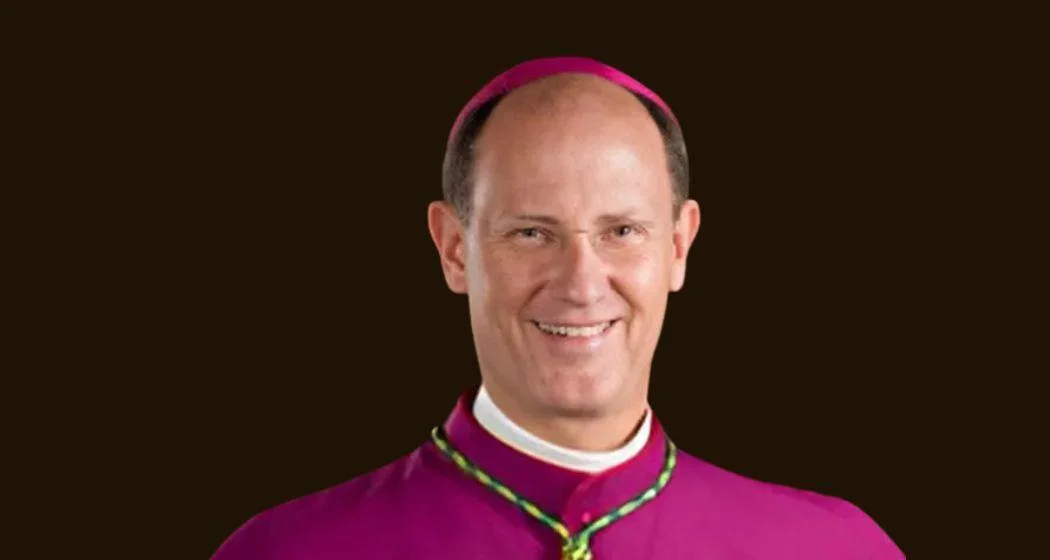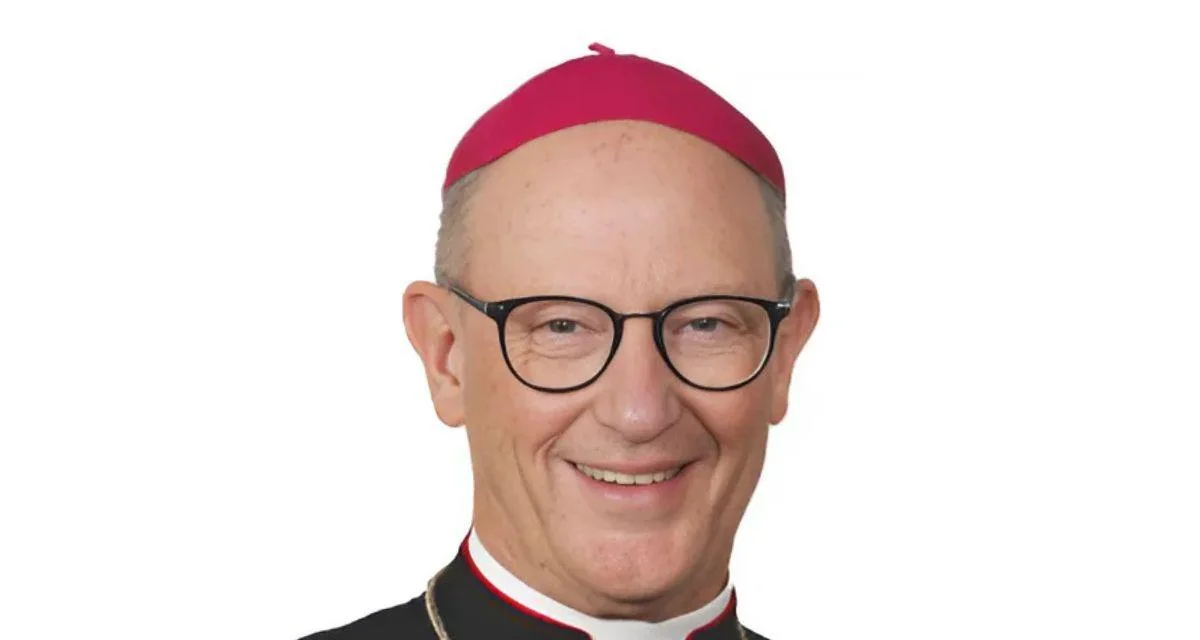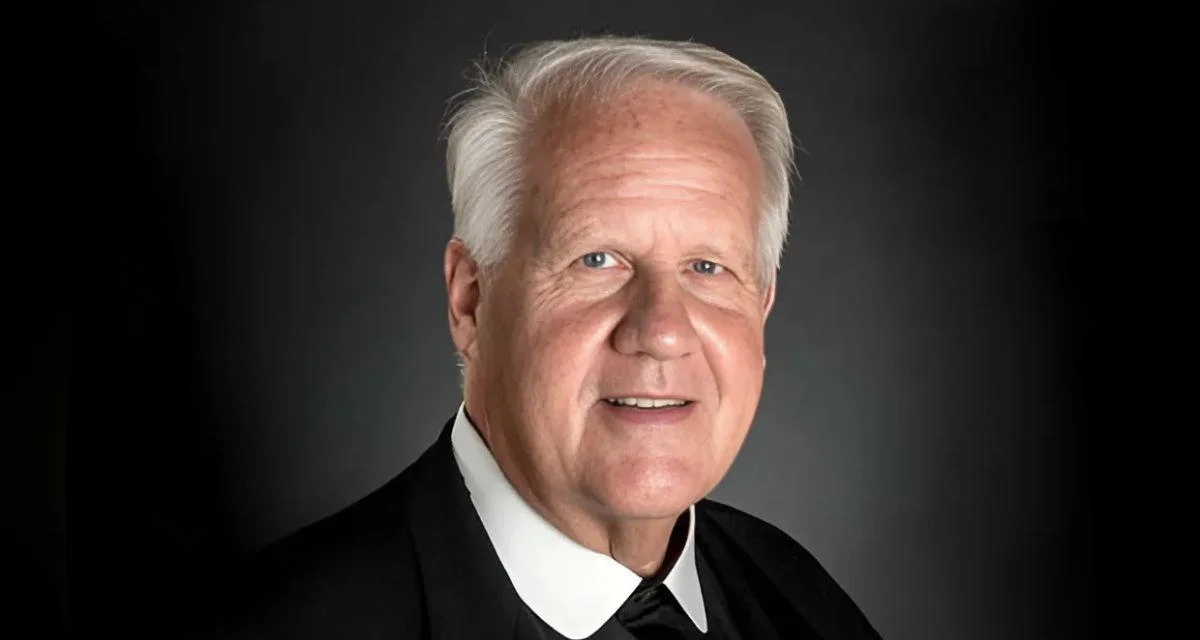
Reverend Larry Silva, Bishop | Diocese of Honolulu
On September 1, 2024, Bishop delivered a homily for the Twenty-Second Sunday of Ordinary Time, reflecting on the relevance of the Ten Commandments in contemporary society. He began by noting that these commandments are prominently displayed on the United States Supreme Court building. "If the building were being built now, of course, there would be protests," he stated, acknowledging concerns that such symbols represent a particular religion and thus might be seen as inappropriate for government buildings.
The Bishop pointed out that those who constructed the Supreme Court building viewed this code of law as fundamental. He noted that humans have a tendency to distort laws over time, similar to how Pharisees and scribes did in Jesus' time. "Their problem was that they took the basic commandments of God and started nit-picking and making up their own laws," he said.
Addressing modern society's view on law, he remarked that while law is still seen as important for community life, there is often a lack of common understanding about its basis. This has led to divisions among people who hold different truths and realities. "We are no longer talking about people with different viewpoints talking to one another... but raising our voices with the notion that the loudest voice wins," he observed.
The Bishop argued for the universal validity of the Ten Commandments based on human needs and nature rather than religious affiliation. He highlighted their role in promoting common good: "This is why they were enshrined on the Supreme Court building."
He also criticized what he termed “ego-theism,” where individuals consider themselves as gods determining their own truths and realities. This mindset leads to chaos when conflicting individual beliefs clash. "Jesus today challenges us to reassert the primacy of the true and living God – for our own welfare," he asserted.
The latter part of his homily focused on how other commandments order marriage, family, respect for life, honesty, and integrity—essential elements for societal stability. The Bishop emphasized living by these commandments through personal witness rather than merely displaying them publicly: "What God does demand is that we who are believers LIVE these commandments so that others will see how wise and life-giving they are."
In conclusion, he underscored the importance of gathering weekly to grow in God's Word under pastoral guidance: "It is just too hard to be god!" By living according to these universal principles, believers can contribute to a world characterized by harmony and peace.



 Alerts Sign-up
Alerts Sign-up